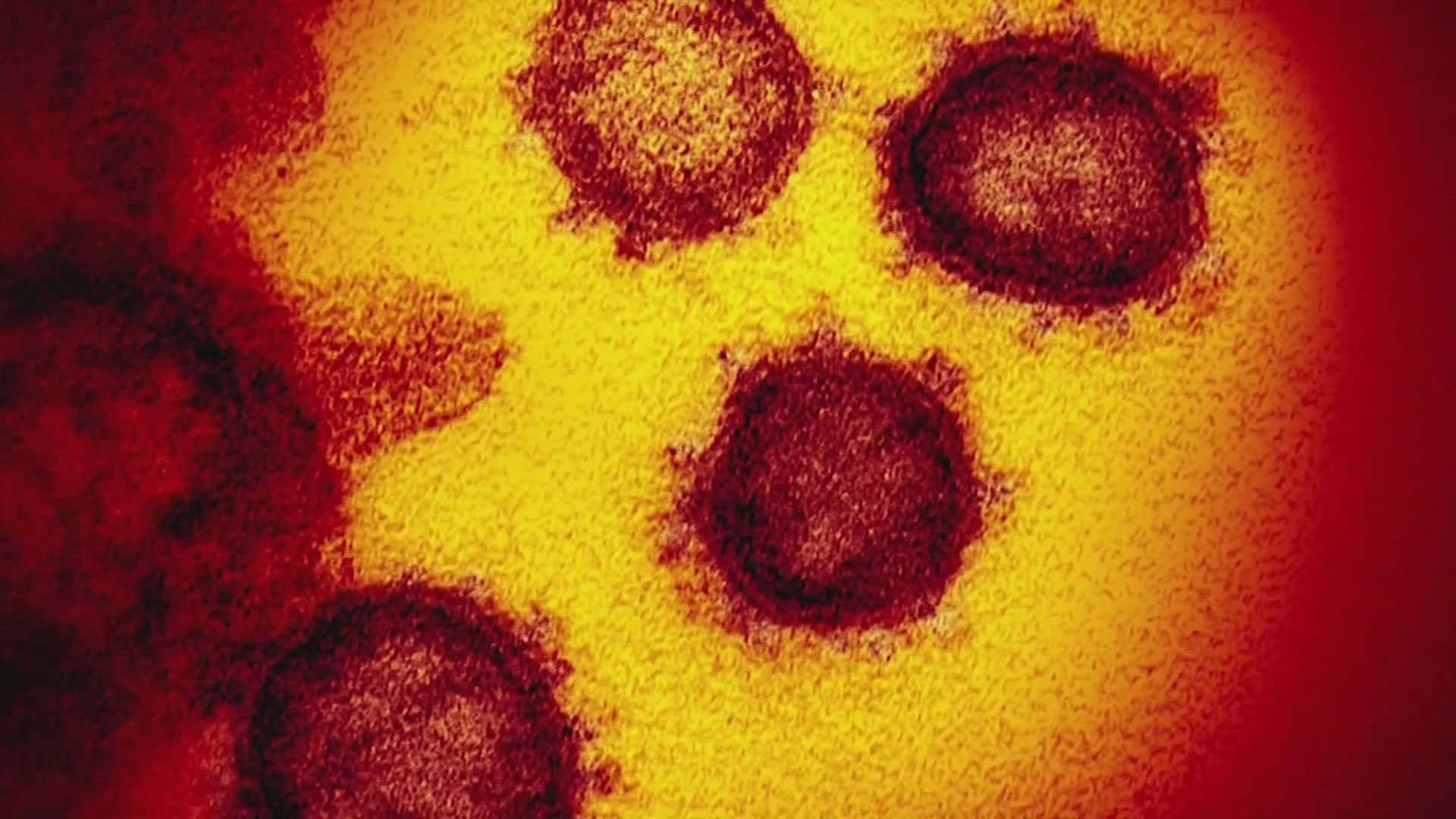GUILFORD COUNTY, N.C. — The Centers for Disease Control and Prevention has changed its guidance for those exposed and infected with COVID-19, including removing separate guidelines based on vaccination.
"What I hear from the government is that there is an expectation or understanding that COVID is with us now and that we can continue to do our best to (...) mitigate it but it is in our environment and is endemic now," said Dr. Jeffrey Hatcher an infectious disease physician with Cone Health.
Hatcher said the variants are also playing a role in the decision.
"The (COVID-19) strain that's circulating now is not the same variance that the original strain was," said Dr. Hatcher. "(It) is more contagious, more people are catching it but people tend not to get as sick and also significantly fewer number of people are dying."
While the CDC is not creating separate guidance for vaccinated and unvaccinated people, doctors still say getting a vaccine is key. Dr. Hatcher said to be on the lookout for boosters this fall that will be designed to help fight COVID-19 variants better.
According to Hatcher, out of all of the people hospitalized for COVID-19 at Cone Health, only 30% are vaccinated.
What happens if I test positive for COVID-19?
You should isolate for at least five days and wear a high-quality mask for at least 10 days. If you are asymptomatic or fever-free for 24 hours without medication, you can end isolation. If you test negative on days six and eight, you can stop wearing your mask.
"If you have a more severe illness or moderate illness then the expectation is that you quarantine for 10 days and keep your mask on at all times and if your (symptoms are) severe on or (you're) in the hospital, your duration of quarantine will be up to your doctor so you need to follow up with them," said Dr. Hatcher.
What if I was exposed to someone with COVID-19?
You no longer need to quarantine if you are exposed to someone with COVID-19. The CDC says you should wear a high-quality mask for at least 10 days and get tested on day five.
What if I was exposed to someone who was also exposed to COVID-19?
The short answer is you don't need to do anything unless the other person tests positive for COVID-19.
"My advice has always been don’t worry about the exposure until you definitely have a positive (test) from that person who you were exposed to or if they’re sick," Dr. Hatcher said. "If they are sick then you can be concerned and go get tested."
Triad COVID-19 cases on the rise
All but three counties our region - Alamance, Wilkes and Caswell - are ranked "high" by the CDC on the Community Levels map.
The CDC ranks counties low, medium and high based on COVID-19 cases and hospitalizations.
"The (...) reproductive rate has gone up dramatically over the past 3 to 4 weeks in Guilford County and a lot of that is around there is a new variant in town and that variant is very transmissible," said Dr. Hatcher. "So again just being careful about being in congregate settings or large settings around lots of people."
The Guilford County Health Department said "with back-to-school on the horizon and winter months ahead, it is imperative that we remain vigilant and cautious when it comes to COVID-19.
Guilford County health officials recommend wearing a mask indoors in public, staying up to date on vaccinations, and getting tested if you have symptoms.

